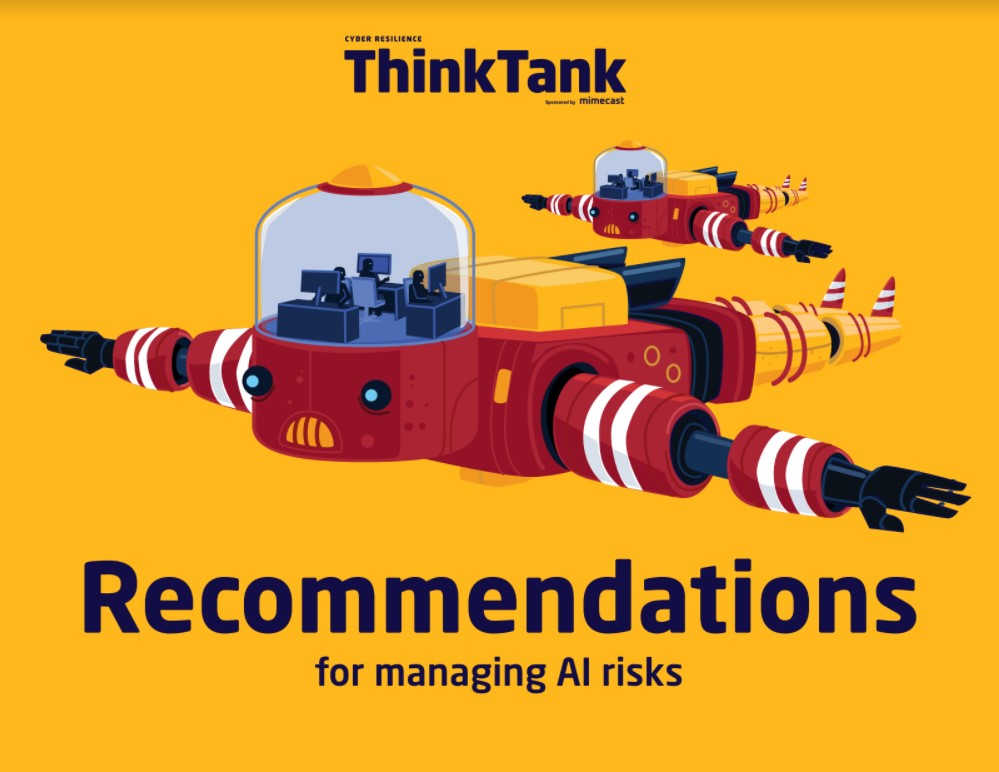Most UK businesses say data regulations are stifling AI innovation
Limited technological capabilities and poor access to data are preventing investment in AI


More than two thirds (70%) of UK businesses have stated that they need more information to help them navigate the complex legal requirements surrounding data collection, use, and sharing across systems that use artificial intelligence (AI).
A new survey, commissioned by the Centre for Data Ethics and Innovation (CDEI), asked 1,000 UK businesses about the key barriers to trustworthy innovation in data and AI.
Nearly half of the surveyed businesses (43%) stated that limited technological capabilities are preventing them from investing in AI, while just under a quarter (23%) of respondents cited difficulty in accessing quality data.
Commenting on today’s findings, CDEI interim chair Edwina Dunn said that “data and AI can help tackle some of the greatest challenges of our time”, yet “in order to achieve this, we need to overcome barriers to innovation”, which include poor quality data as well as risks of algorithmic bias.
“The CDEI is working in partnership with a range of organisations to help them overcome these barriers, mitigate risk and put high-level ethical principles - such as accountability and transparency - into practice. It’s practical work like this that will enable us to build greater public trust in how data and AI are used,” she added.
The UK’s minister for Technology, Chris Philp MP, said that data and AI can assist the UK in its economic and social recovery “as we look to build back better”.
RELATED RESOURCE

“Understanding how we can best use technologies to address major shifts in labour markets and the ways that we work, deliver education or decarbonise our transport infrastructure, will be crucial to this mission,” he said, before adding that he looks forward to “working with organisations across the UK to address the barriers to innovation highlighted in the CDEI’s analysis, so that the UK can unlock the full potential of data and AI”.
Sign up today and you will receive a free copy of our Future Focus 2025 report - the leading guidance on AI, cybersecurity and other IT challenges as per 700+ senior executives
Today’s findings are helping the CDEI and the Office for Artificial Intelligence in developing an upcoming AI Whitepaper that aims to assist businesses in ensuring that AI systems meet their regulatory obligations.
Last year, the CDEI found that a number of UK sectors may be unwilling to experiment and engage in AI-based innovation for fear of sustaining reputation damage, with CDEI chair Roger Taylor calling for more concerted government support and a clear national policy regarding the technology.
Having only graduated from City University in 2019, Sabina has already demonstrated her abilities as a keen writer and effective journalist. Currently a content writer for Drapers, Sabina spent a number of years writing for ITPro, specialising in networking and telecommunications, as well as charting the efforts of technology companies to improve their inclusion and diversity strategies, a topic close to her heart.
Sabina has also held a number of editorial roles at Harper's Bazaar, Cube Collective, and HighClouds.


